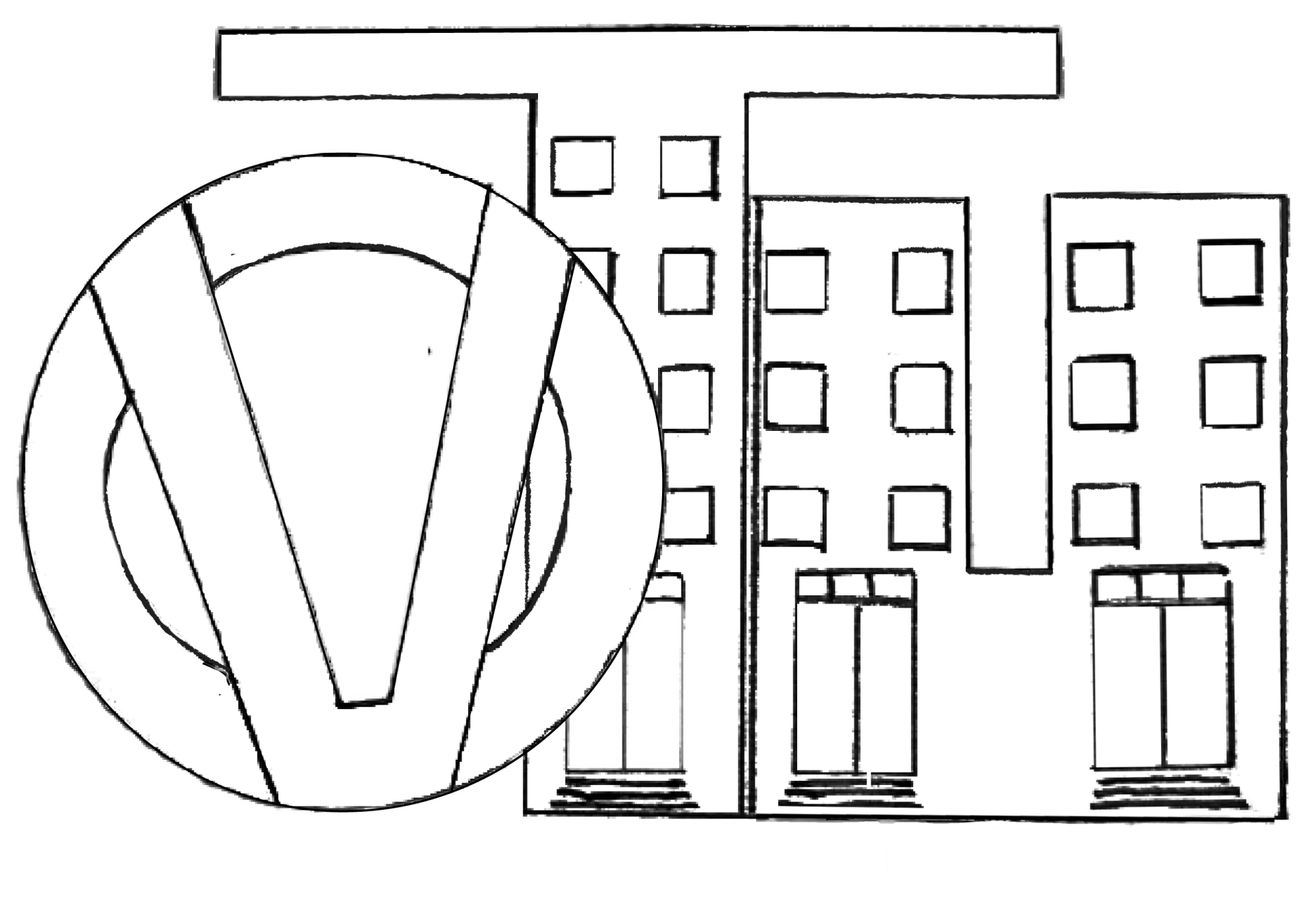Tenant Resistance on PEI 1763 - Today
Nov 12, 2023
Written by OVTU volunteer Alex Hennessey, this piece is part of a presentation given at the November 2023 general membership meeting.
From the moment British rule of Prince Edward Island began in 1763, there has been conflict between tenants and wealthy landlords. The British decided to divide PEI into 67 rectangular lots of 20,000 acres. These lots were then distributed via lottery to British politicians and wealthy merchants, with no regard for the existing Indigenous Mi'kmaq population, or the French Acadians who had been settled there since 1720. Even today, the Mi’kmaq maintain that they have never ceded control of this land.
The new landowners were obligated to finance the settlement of foreign Protestants, and were given quotas. They had to pay land taxes. However, it quickly became apparent that the landowners had no interest in fulfilling these obligations. They were only interested in the land as an investment, hoping the lots would rise in value on their own so that they could profitably be sold in the future.
From the beginning, life for the Island’s residents made no sense within the land divisions created by the British government. The Mi’kmaq continued to move around seasonally, following their ancestral traditions.
Some French Acadians who had escaped capture by British soldiers made homes deep in the woods. Even the new, English-speaking settlers mostly just settled in any fertile valley or sheltered cove, without regard for the nameless, faceless landowners far across the sea in England.
As the colony grew, disputes between tenants and landlords became more numerous. The question of ownership became more important, and land titles were more strictly enforced by the colonial government.
Settlers were told to pay high rents to complete strangers for land they had worked. They had dug out every stump, tilled every field, and cleared every path with their own hard labour. They complained that the landlords didn’t understand how heavy a burden the rents were. There was only five months per year that the ground wasn’t covered with snow and farm work could be done.
For the first time in 1790, the idea of
escheat entered the political discussion on PEI.
Escheat is a legal doctrine that would allow for land to be transferred from the absentee landlords to the colonial government, so that it could then be sold to tenants who actually inhabited the land.
Pamphlets circulated promoting the idea. Over the next several decades, support grew with intense outbreaks of protest in the island’s countryside. Land agents collecting rent for the landlords could expect to be met by mobs of tenants armed with clubs, scythes, and pitchforks.
These direct actions were matched with an attempt at democratic change by the Escheat Party, which won control of the legislature in the 1838 election. However, British authorities refused to meet with the Escheators, and the party collapsed a few years later.
By 1873, many of the original lots had been broken up between smaller land holders, but huge portions of the countryside still remained in control of British estates. The rural tenant farmers were causing a lot of trouble with their persistent protests and threats of violence. Sending out soldiers to defend every rent collector was expensive and annoying.
When the government of PEI joined the new Canadian confederation, they bargained for $800,000 to buy out the remaining British landlord estates, so that the land could be resold to the inhabitants.
That marked the formal end of imperial British landlords on PEI, but the central issue of property speculation and rent seeking was never properly dealt with.
Today, land on PEI is accumulating under the control of a small number of developers, corporate landlords, and agribusiness tycoons. The housing crisis gripping all of Canada is being felt especially hard in PEI, where the vacancy rate has recently been as low as 0.2%, and the average cost of a home rose 21.2% last year. A new tenants movement is emerging in response, with activists organizing under the name
PEI Fight for Affordable Housing.
For more information, check out the book Rural Protest on Prince Edward Island by Rusty Bittermann and visit peifah.ca.
